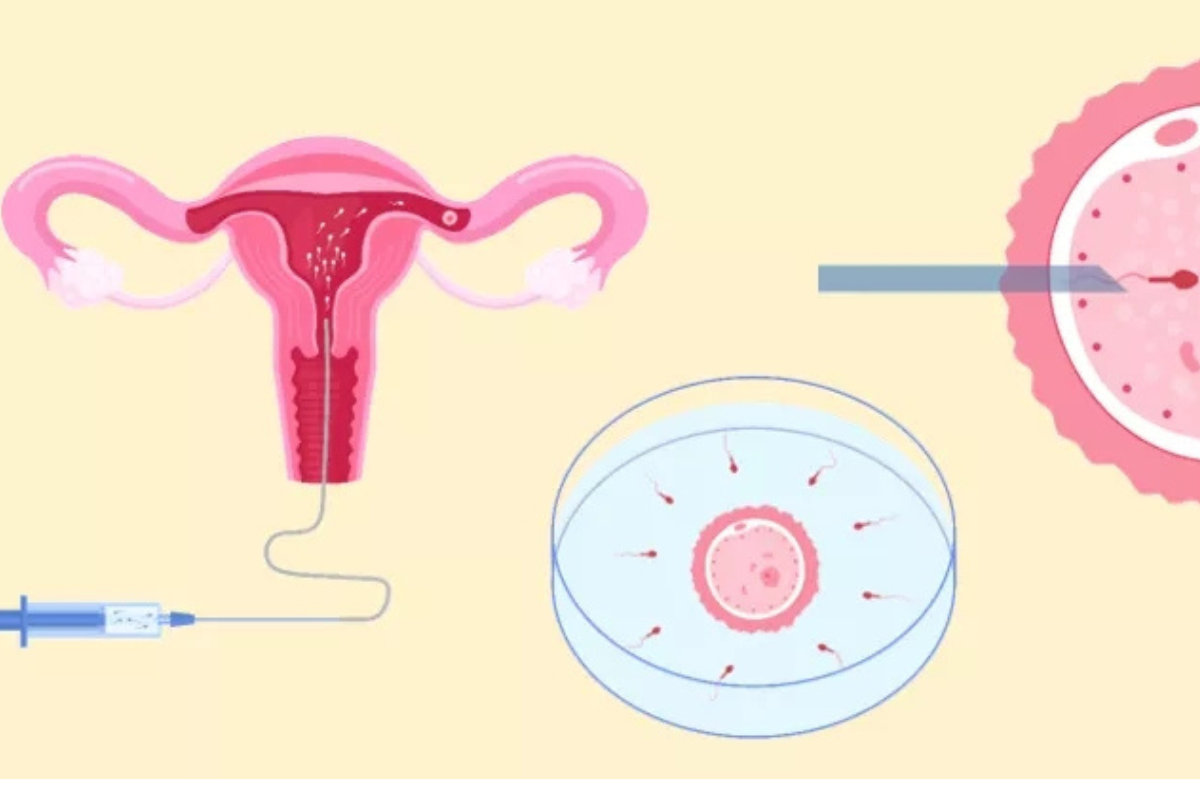
Difference between IVF & IUI
February 02, 2023Infertility can be a difficult reality for many couples hoping to become parents. With modern medicine, however, there are treatments available to increase the chances of conception. Two of those treatments are in vitro fertilization (IVF) and intrauterine insemination (IUI). Although both treatments help couples conceive, there are some distinct differences between them.
IVF vs IUI: The Processes
The processes of IVF and IUI may look different from the outside. For example, in vitro fertilization requires more complex procedures like egg retrieval and embryo transfer, while intrauterine insemination is a much simpler and less invasive process.
IVF
In vitro fertilization involves a procedure to extract mature eggs from the ovary and combine them with sperm in a laboratory setting. The resulting embryos are then transferred back into the uterus where they can develop and potentially lead to pregnancy.
IUI
Intrauterine insemination is a simpler process, which involves injecting sperm into the uterus with a catheter. This increases the chances of fertilization and conception as the sperm is closer to the egg.
IVF vs IUI: Success Rates
Success rates for IVF and IUI can vary depending on individual cases and other factors such as age, fertility issues, and sperm quality. Generally speaking, the success rate of IVF is higher than IUI, especially for couples dealing with infertility issues.
Conclusion
IVF and IUI are both viable treatments to help couples conceive. The main difference between them is the complexity of the process and the success rate. IVF is a more complex procedure, but it has a higher success rate than IUI for many couples dealing with infertility issues. Ultimately, each couple must decide which treatment is right for them.

